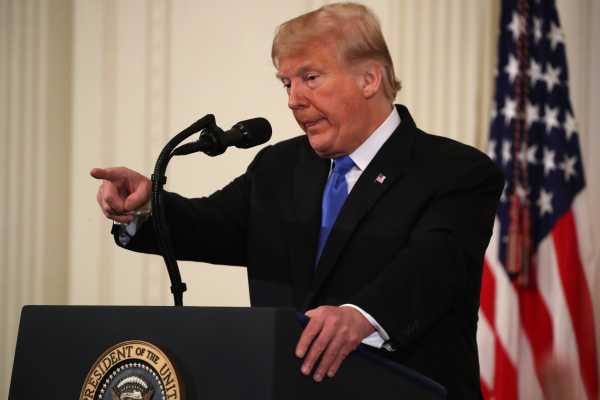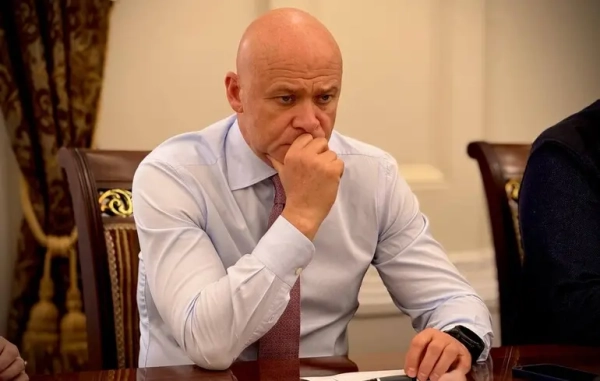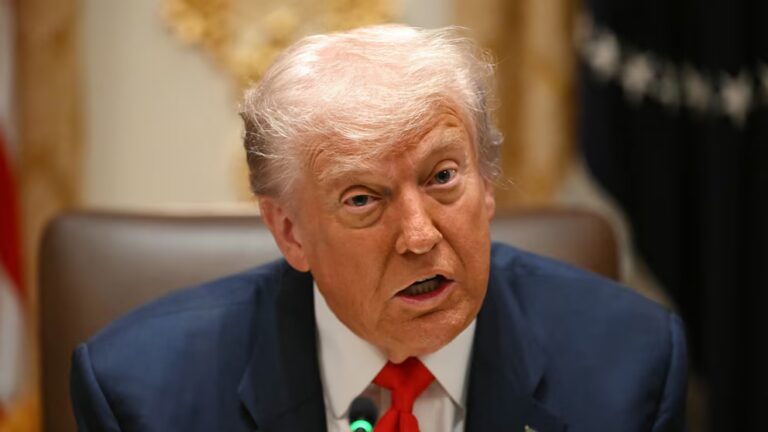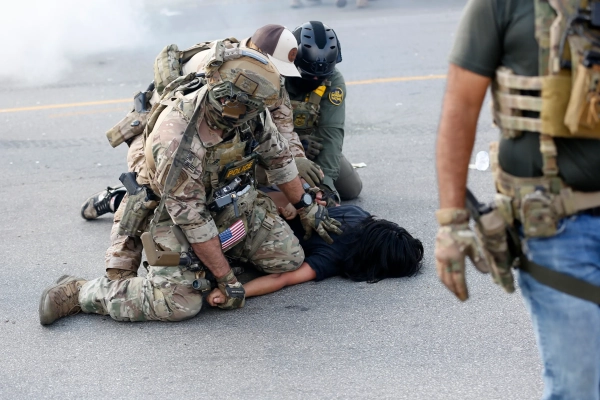
On Wednesday morning after the midterm elections, President Donald Trump held a press conference to talk over the results with reporters. It was extremely combative: The president repeatedly talked over reporters trying to ask him questions and reiterated his now-common line that the media is the enemy of the people.
Perhaps the most gobsmacking of these moments came when Yamiche Alcindor, a reporter for the PBS Newshour of Haitian descent, attempted to ask the president about the support he’s drawn from white nationalist groups.
“On the campaign trail, you called yourself a nationalist. Some people saw that as emboldening white nationalists,” Alcindor said, in a preamble to her question. But before she could get the rest out, Trump interrupted her.
“I don’t know why you’d say that. That’s such a racist question,” he said.
Alcindor tried to continue, saying that “some people are now saying that the Republican Party is supporting white nationalists because of your rhetoric.” But once again Trump interrupted her — and accused her of being the real racist:
Here’s video of the full exchange:
It’s an astonishingly revealing exchange, and not only because of the tone-deafness. It’s characteristic of a very modern form of racial thought that pervades the Trump administration and, indeed, much of American society — what Duke sociologist Eduardo Bonilla-Silva calls “colorblind racism.”
Colorblind racism is not old-fashioned racism, an open belief in white supremacy. Rather, it’s the belief that the work of fighting racism was largely finished with the defeat of Jim Crow, and whatever discrimination against black people remains is largely their own fault. It is preoccupied with concerns about “reverse racism,” about efforts to fight continuing discrimination unfairly harming whites.
Colorblind racism positions itself as anti-racist, but explains away inequalities by reference to “natural” preferences or by blaming racial inequalities on cultural problems with minorities’ moves. It is the racism not of the Klan rally, but your polite neighbor; it replaces the n-word with phrases like “I have black friends” and “I’m not racist, but.”
Trump’s move here is a classic stratagem of colorblind racism. It treats the very idea that his rhetoric might be encouraging racism as an offensive comment, so absurd as to not be worth responding to. The issue is not how his actions and behaviors affect Americans of color; it’s how their objection to his actions affect him.
In Donald Trump’s world, calling Mexicans rapists, fearmongering about “unknown Middle Easterners” in a Central American caravan, and describing black communities as hellholes is not racist. And if you think it is, then you’re the real racist.
Sourse: vox.com






